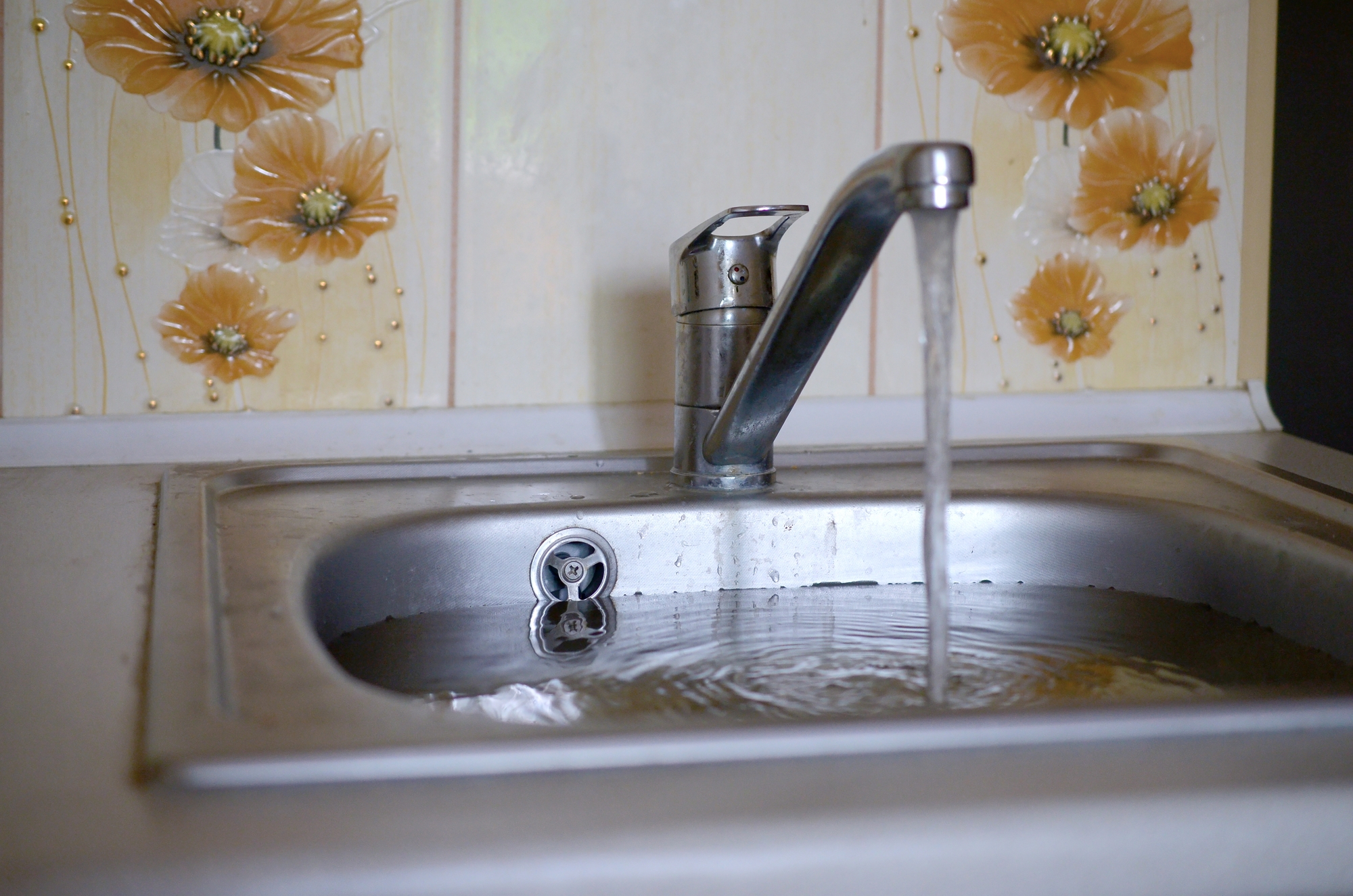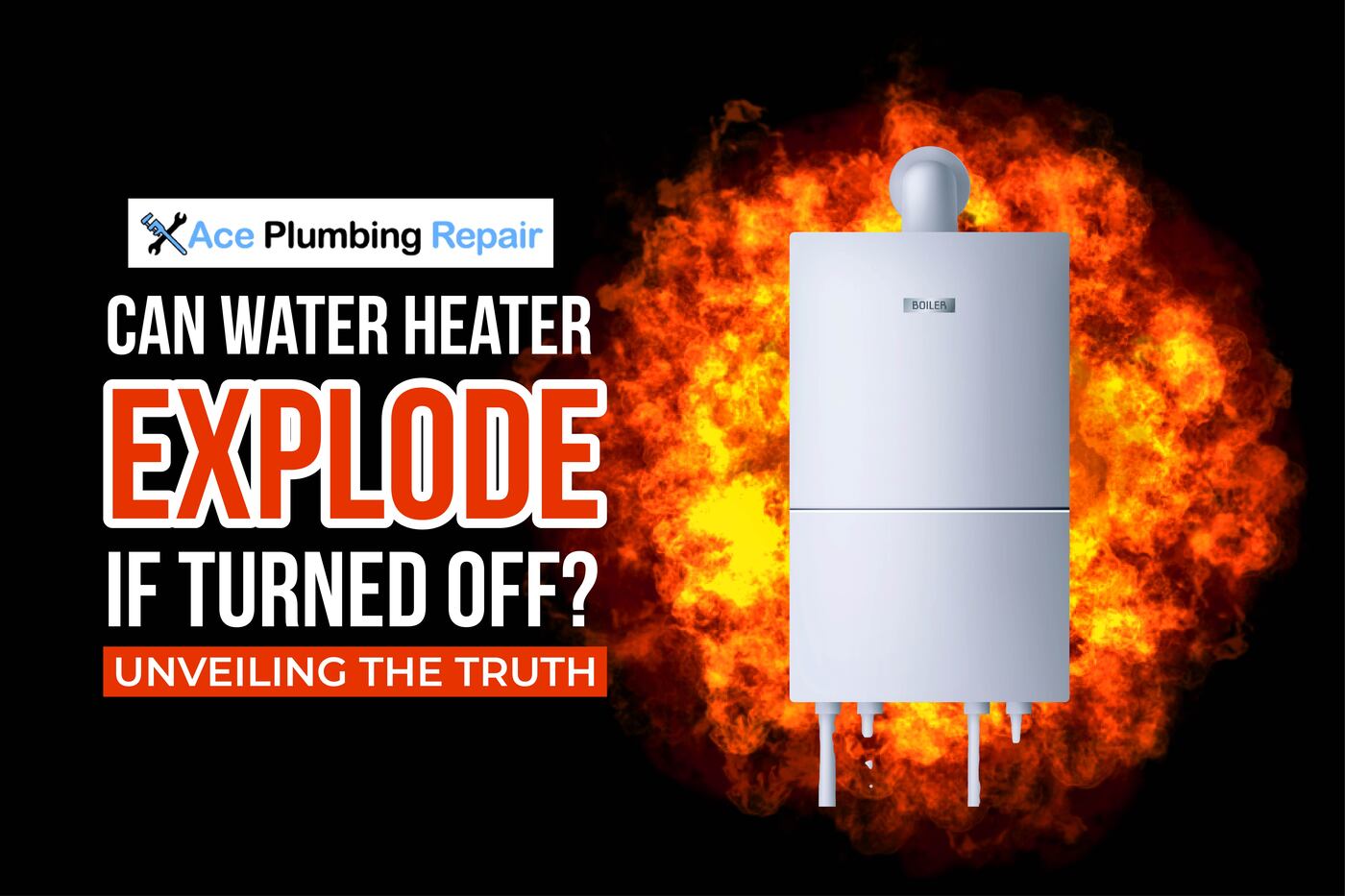Embarking on the journey of understanding the safety of our household essentials, we delve into the common concern: Can Water Heater Explode If Turned Off? In this exploration, we unravel myths, explore the intricacies of water heater mechanisms, and provide practical insights. Join us on a quest to demystify the possibilities, dispel misconceptions, and equip you with the knowledge needed to ensure your water heater is not just a source of comfort but a safe and reliable addition to your home. Let’s separate fact from fiction in this critical exploration of water heater safety.
How does water heaters work?
Water heaters, the unsung heroes of our daily routines, operate with a simple yet effective mechanism to provide us with comforting warmth. Whether you have a gas or electric water heater, the basic principle remains consistent.
Picture this: inside the tank, water awaits its turn to be warmed. For gas heaters, a burner ignites, heating the water through a heat exchanger, while electric heaters employ heating elements submerged in the water. The thermostat keeps things in check, ensuring the water reaches the desired temperature.

Once you turn on the hot water tap, this pre-warmed water flows out, ready to make your shower or dishwashing experience cozy. It’s a process of constant maintenance – the thermostat monitors and adjusts the temperature, and a pressure relief valve prevents the tank from turning into a pressure cooker.
So, the next time you enjoy a soothing hot shower, know that your water heater is working behind the scenes, turning chilly water into a warm embrace.
Can water heater explode if turned off?
No, a water heater is unlikely to explode if it’s turned off. When a water heater is turned off, it means that the heating elements, whether gas burners or electric heating elements, are not actively heating the water. Explosions occur from factors like overheating, pressure buildup, or valve malfunction.
However, it’s essential to understand that even when turned off, a water heater can pose minimal risks if certain issues are present. For example:

- Sediment Buildup: Over time, sediment can accumulate at the bottom of the tank. If the sediment is not regularly flushed out, it can lead to overheating and potentially cause pressure issues.
- Pressure Relief Valve Malfunction: The pressure relief valve is a crucial safety component. If it malfunctions or is blocked, it might not effectively release excess pressure, increasing the risk of a problem.
- Corrosion and Wear: Over the years, water heaters can experience corrosion and wear. This can weaken the tank, making it more susceptible to failure.
For optimal safety, regularly maintain your water heater by flushing the tank to clear sediment and checking the pressure relief valve. If safety concerns arise, consult a professional plumber or technician for an inspection, issue resolution, and assurance that safety features are in order.
How to prevent a water heater explosion?
Preventing a water heater explosion is crucial for the safety of your home. While water heater explosions are rare, they can be catastrophic. Here are some tips to help you prevent a water heater explosion:
Install a pressure relief valve (PRV)
Every water heater should have a pressure relief valve installed. This valve is designed to release excess pressure from the tank. Make sure it is properly installed and has not been tampered with.
Regular maintenance
Schedule regular maintenance for your water heater. This includes flushing the tank to remove sediment and checking the anode rod for corrosion. Follow the manufacturer’s guidelines for maintenance.
Temperature setting
Set the water heater’s temperature to a safe level, usually around 120 degrees Fahrenheit (49 degrees Celsius). Higher temperatures can increase pressure inside the tank and create a potential for problems.
Check for leaks
Regularly inspect your water heater for any signs of leaks. Address any leaks promptly, as they can lead to increased pressure and stress on the tank.
Install an expansion tank
In closed water systems, installing an expansion tank can help accommodate the expansion of water when it is heated, reducing stress on the water heater.
Proper ventilation
Ensure proper ventilation around the water heater. Combustion air is necessary for gas water heaters, and lack of it can lead to improper burning and potential hazards.
Secure the tank
Make sure the water heater is securely anchored to the floor or wall to prevent tipping. This is especially important in earthquake-prone areas.
Replace aging water heaters
If your water heater is getting old, consider replacing it. As water heaters age, they may become more susceptible to issues that could lead to a failure.
Educate household members
Teach everyone in your household about the importance of not tampering with the pressure relief valve and regularly checking for signs of problems.
Professional installation
Ensure that your water heater is installed by a qualified professional. Proper installation is critical for the safe and efficient operation of the appliance.
Monitor strange noises
Be attentive to any strange noises coming from the water heater. Popping or rumbling sounds could indicate sediment buildup, which can lead to overheating.
If you suspect any issues with your water heater or are unsure about its safety, it’s essential to consult with a professional plumber or technician for a thorough inspection. Remember that safety should always be the top priority when dealing with any appliance in your home.
How to choose a water heater that won’t explode?
If you’re still wondering whether a water heater can explode when turned off, selecting a water heater that prioritizes safety and is less prone to issues is crucial in preventing the risk of explosions. Here are some key considerations to help you choose a water heater that minimizes the risk of such incidents:
Research brands and models
Before purchasing, research reputable brands and models known for their safety features. Customer reviews and testimonials can provide insights into the reliability of a water heater.
Energy source
Choose between gas and electric water heaters based on your preferences and available energy sources. Both types can be safe if installed and maintained properly.
Check for safety features
Look for safety features such as a temperature and pressure relief valve, an automatic shutoff feature, and corrosion-resistant materials. These features contribute to the overall safety of the water heater.
Proper sizing
Select a water heater that is appropriately sized for your household’s needs. Proper sizing ensures optimal performance and prevents unnecessary energy consumption.
Professional installation
Always hire a licensed professional for water heater installation. Proper installation is critical for ensuring safety and optimal performance.
By carefully considering these factors, you can choose a water heater that is not only efficient but also designed with safety in mind, reducing the risk of explosions or other safety hazards. If you have any doubts or questions, consult with a professional plumber or technician for advice tailored to your specific situation.
When to call a professional for water heater issues?
Knowing when to call a professional for water heater issues is vital for preventing potential hazards. If you observe visible damage, such as rust or leaks, it’s time to seek expert assistance. Inconsistent hot water supply or strange noises from the heater are also red flags that necessitate a professional’s attention.
Additionally, if you detect unusual odors, especially those resembling gas, take immediate action. Evacuate your home and contact a professional for emergency assistance. A malfunctioning pressure relief valve, evident through water discharge, is another critical reason to call in a professional.
Timely intervention by a qualified technician is crucial to addressing these issues and preventing further damage. Attempting to fix complex problems without expertise can lead to more significant complications.
By recognizing these signs and promptly reaching out to a professional, you prioritize the safety of your home and ensure the efficient functioning of your water heater. Remember, a proactive approach to addressing concerns can save you from potential hazards and costly repairs in the long run.
Conclusion
In conclusion, can water heater explode if turned off? Maintaining a safe water heater demands regular checks, proper maintenance, and informed decisions. Routine inspections, sediment removal, and choosing a reliable appliance contribute to a secure system. Recognizing signs of trouble and promptly engaging professionals ensure longevity and safety. A well-maintained water heater is more than an appliance; it’s a cornerstone of a secure and comfortable home. Prioritizing these measures safeguards against potential hazards and ensures the efficient functioning of this essential household asset, fostering a sense of security and peace of mind for residents.






